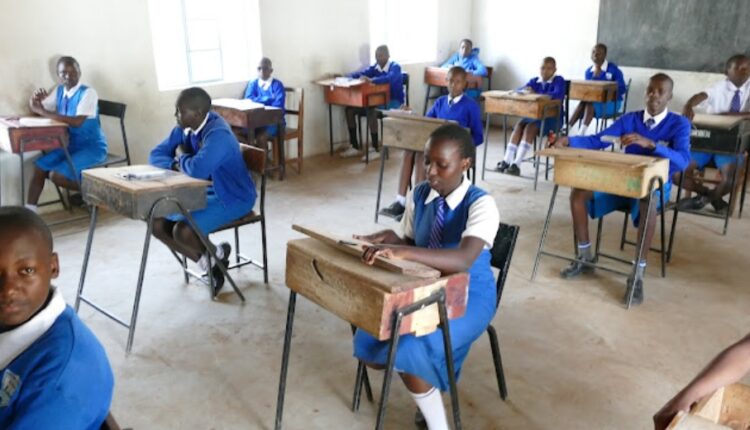
KNEC Releases New Set Of rules to govern examination Room(s).
Students should also refrain from having written material either on their clothing or footwear.
KCSE exams will start on October 23 and end on November 24.
The rehearsals will happen on October 19.
The rehearsal date for KCPE and KPSEA is set for Friday, October 27.
Exams for both KCPE and KPSEA will begin on Monday, October 30, and end on Wednesday, November 1.
The 2023 KCPE examinations will mark the end of the 8-4-4 system in primary schools.
Following the announcement of the 2022 KCSE exams earlier this year, allegations of exam malpractice were rife.
The National Assembly Education Committee then moved to probe the allegations on January 27 this year
The committee found that exam malpractices in the 2022 KSCE included collusion to share answers, use of mobile phones in exam rooms, impersonation, smuggling of unauthorised written material, leakage, and plagiarism among other techniques.
Currently, Knec is working to ensure there will be no cases of malpractice in the 2023 national exams.
